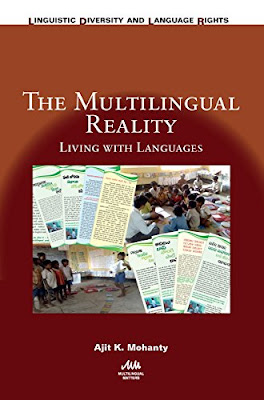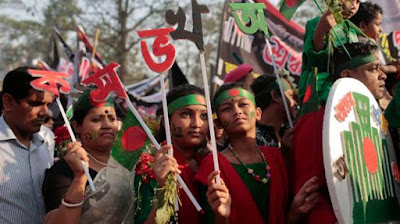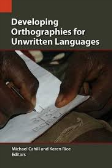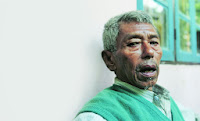New Books on Multilingualism, Education and Inequality

In nearly every conversation I have had over the years with Prof Rama Kant Agnihotri, somehow we would talk about the concept of the fluidity of languages. No wonder that he is the co-author of a book on multilingualism. He also recently co-published a book on education and inequality with a solid section on the issue of language. Two books worth noting!







